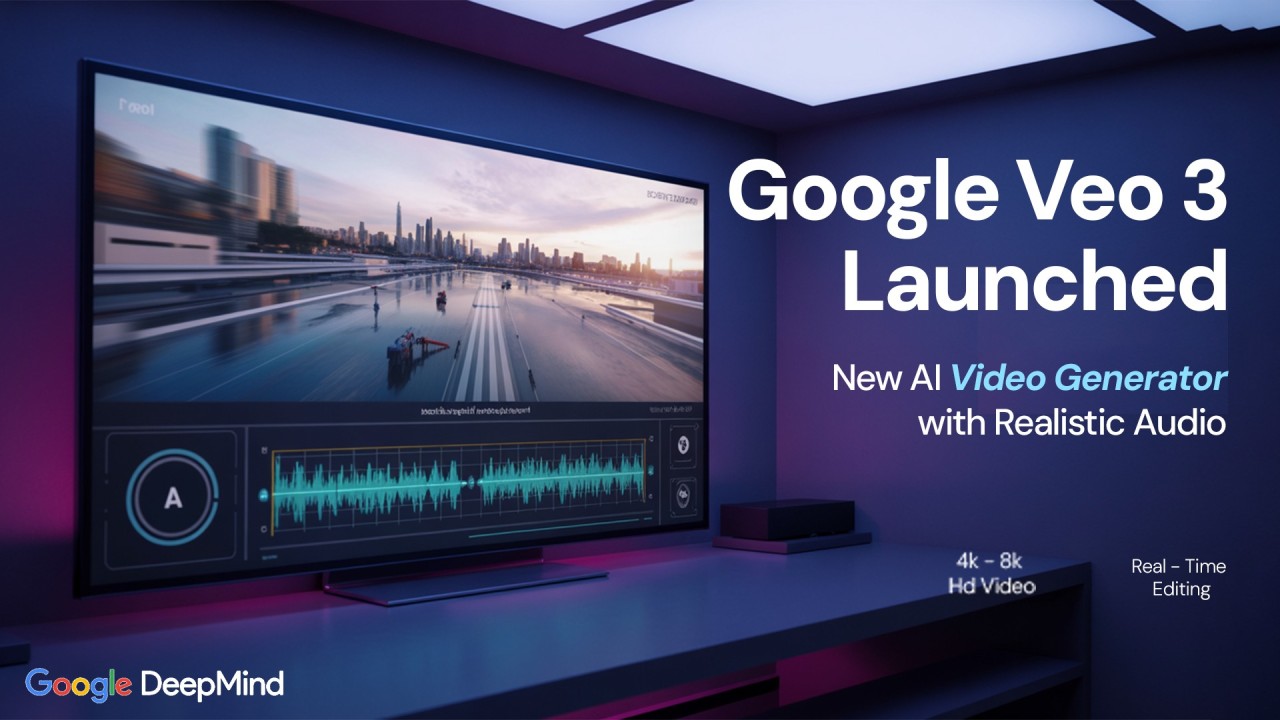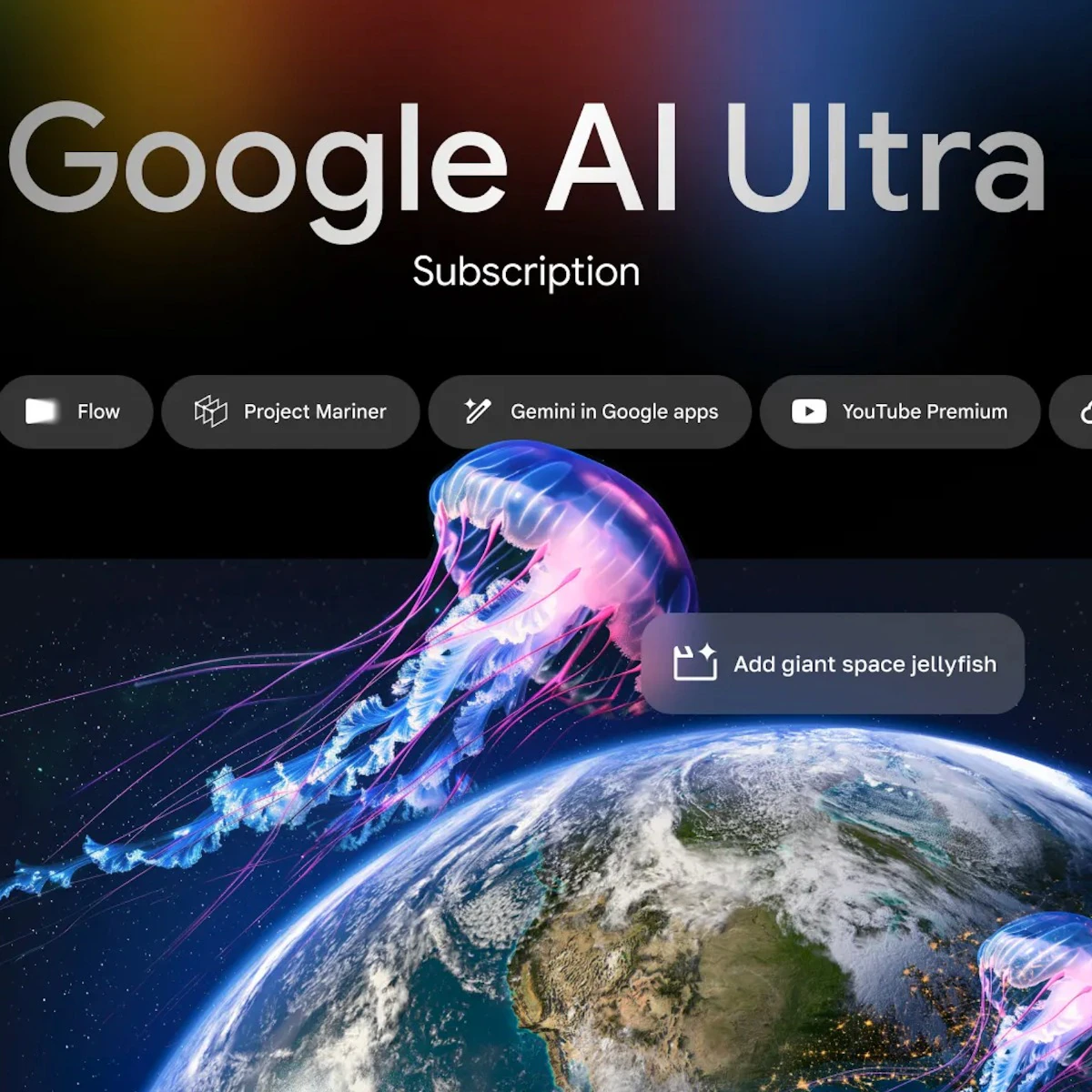AI - for the privileged, not the many
With a wave of recent announcements, it seems that Google has been working hard to try and get ahead in the AI race. For the company that bought a major stake in the game more than a decade ago with its acquisition of UK-based Deepmind (described by The Guardian at the time as "its biggest EU purchase yet"), and which kickstarted the modern transformer revolution by hosting the team that wrote "Attention is all you need" - before letting them all go - Google has had a number of shocking false starts. Bard, anyone? With a rename to Gemini, and several serious updates since, those days look long gone, but while its slew of announcements at last week's I/O 2025 generally attracted positive attention, one has received a much less favourable press.
Google has had a paid subscription service for quite a while. It's online office productivity suite has carried a price tag for pro versions since 2007, first as Apps Premier Edition, then as G Suite and then as Google Workspace, gradually picking up more paying users with each iteration, especially once Microsoft moved Office to a subscription service. As such, the easy answer to the question that begins this article is, "No. Of course not. Don't be stupid." The slightly longer answer is that Google has maintained free services along paying subscriptions for nearly twenty years, so there is no reason to see that coming to an end soon if history is anything to go by.
And yet... something feels significantly different this time, not least because of the changes being wrought by the child to which Google served as midwife. The Wall Street Journal reported that Google searches across the Safari browser fell according to Apple, something which had not happened in 20 years. At the same time, AI startup Perplexity's valuation surged to $14 billion in a new funding round as investors were excited about - among other things - the possibility of AI to disrupt established tech giants. Likewise, as the marketing platform Pepper noted, AI is causing huge spikes in volatility for search rankings which have a massive impact for anyone involved in digital marketing, SEO or other tech professions. As the WSJ's Dan Gallagher pithily remarked: "Google may not be such a hard habit to break after all."
Hence, in part, the fight back. Google has, arguably, the best AI products in the world, but from now on the best of these services will not come cheap. Google may have risen to prominence on the back of an advertising engine that took it from $70 million revenues in 2001 to nearly $265 billion in 2024, but that once-inexorable rise now looks a little shakier. Billions of cheap Google ads allowed the company to invest in a range of big-hit services such as Android, YouTube and DeepMind, as well as failures such as Buzz, Wave and Google Glass, but the goose may be laying fewer golden eggs in future. Hence the new AI Ultra plan, yours for a mere $249 per month, the most expensive AI offering out there at present.

Veo 3 is an incredible creative tool - for those that can afford it.
What you get vs. What you want
For that money, it must be admitted immediately that you get a lot. Personally, I've preferred Veo over Sora for some time now, considering it the best video generator on the market, and while ChatGPT just ekes ahead in terms of its writing capabilities, I prefer to go to Notebook and Gemini for resesarch. As such, I can see why plenty of tech reviewers and early adopters have praised the plan for its unmatched access to AI tools, especially for professionals in creative and technical fields. However, there have been brickbats as well as bouquets, with some analysts questioning the high price point, suggesting it may be out of reach for casual users or small businesses, and wanting to wait and see how it compares in real-world use to offerings from OpenAI, Microsoft, and Anthropic
So what do you get for your money?
Core to the offer is an advanced variant of Gemini, Pro Deep Think (the company's most complex reasoning model, though this is not yet available at the time of writing), as well as early access to Mariner, Google's agentic research prototype, YouTube premium and, essentially, more access to tools such as Veo 3 and Flow. Bar a chunk of additional online storage (presumably to store all that video content you're going to generate in Veo), what you're really paying for is additional time and higher limits to use. This is not necessarily to be sniffed at: as someone who was frequently stymied by the strict limits on Veo 2, I understand entirely the need to pay for better access to what must be a highly draining resource for Google, even with their billions in the bank. What I'm not convinced by is that this is worth $249 per month when many of those features are available for a much more reasonable $19.99 montly fee.
If you are a heavy user of AI, these fees will pay for themselves, but Google's willingness to charge multiple tiers indicates that it is clearly segmenting its audience: casual users get affordable access, while professionals pay more for top-tier features. The high price signals Google’s confidence in the value and uniqueness of its AI tools, suggesting they believe these features are worth the investment in a move that sets it apart from competitors like OpenAI and Microsof, focusing on deep integration with its own ecosystem and offering creative capabilities others don’t (yet). The pivot to AI does, however, also suggest that while the days of Google free stuff are far from over they could be severely curtailed.


